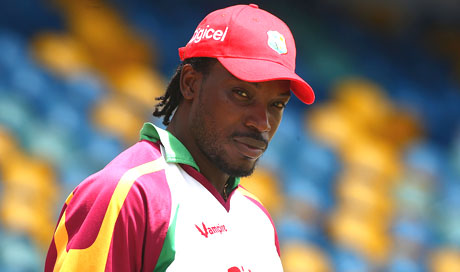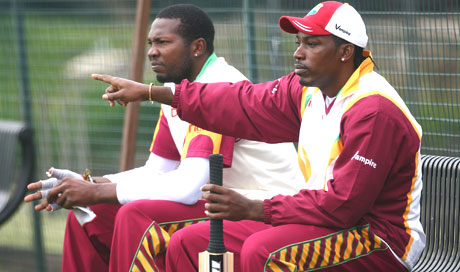Lawrence Booth: England don't need turn to burn Aussies
May 20th, 2009 by Lawrence Booth in England, The AshesIt’s funny, isn’t it, how a pitch on the Glamorgan square that turned too early in a Friends Provident Trophy match can engender mischievous optimism about a Test series that is still seven weeks away. “Excessive turn?” goes the cry. “Bring on Swann and Monty!” Now the Ashes has seen some fairly dubious pitch-doctoring in its time from both sides, but this – nearly two months in advance of the first Test at Cardiff on July 8 – would be something else. England should resist the temptation – but for reasons other than ethical rectitude.
Ever since it became clear that Cardiff, with the weight of the Welsh National Assembly behind it, had outbid Old Trafford, English cricket has slowly got used to the idea that a Panesar’s Ashes DVD was probably not going to be one of this year’s stocking fillers. This was sad, but the world has moved on. And it has moved on because Graeme Swann has shown that he does not need a bunsen to work his chemistry.
It used to be said that Shane Warne could turn it on concrete, which is why teams hosting Australia were generally on to a loser even if they prepared a seaming track, and on to an innings defeat if they produced one that turned. This is not to say that Swann is anywhere near that category – he clearly isn’t – but that the evidence of his brief Test career so far is that he has nous and guile, two qualities which have helped him leapfrog his former county colleague Panesar. He is also smart enough not to get carried away with tales of turn from Wales. As he told Cricinfo: “I’m sure they’ll be desperate for the game to go five days down there.”
So far, on pitches that have been either spin-neutral (even at Chennai, Harbhajan Singh could only manage match figures of four for 187) or seamer-friendly, he has prised out 34 wickets in seven Tests at 26. These are heady figures for any slow bowler, let alone the most derided of the breed, the English offie. And he can count some big names among his embryonic bunnies: Devon Smith (five dismissals), Shiv Chanderpaul, Brendan Nash, Gautam Gambhir (all three), Chris Gayle, Ramnaresh Sarwan, Rahul Dravid (all two). This is a bloke who knows his own game – especially against left-handers, of which there could be five in Australia’s top eight this summer.
Besides, it could just be that England’s greatest bowling strength now is the swing, both ways, of Jimmy Anderson. The way he toyed with West Indies on Monday morning – uninterested or not, they just couldn’t pick him – was a reminder that England’s best way of beating Australia is to expose Ricky Ponting and Mike Hussey early to the new ball. Even with Mitchell Johnson, Stuart Clark and Peter Siddle in the Australian attack, England’s best hope is for the ball to swing in the air and dart off the seam.
England last won an Ashes series with spin back in 1956, when Australians will tell you the pitches at Headingley and Old Trafford were tailored to suit the purposes of Jim Laker and the hounded Lancashire groundsman Bert Flack declared himself thankful that Nasser had “taken over the Suez Canal. Otherwise, I’d be plastered over every front page like Marilyn Monroe”. There is, quite simply, no tradition of turning pitches here. England had better get used to it. Because, actually, it may not be such a bad thing after all.
Lawrence Booth writes on cricket for The Guardian
Posted in England, The Ashes | No Comments »








